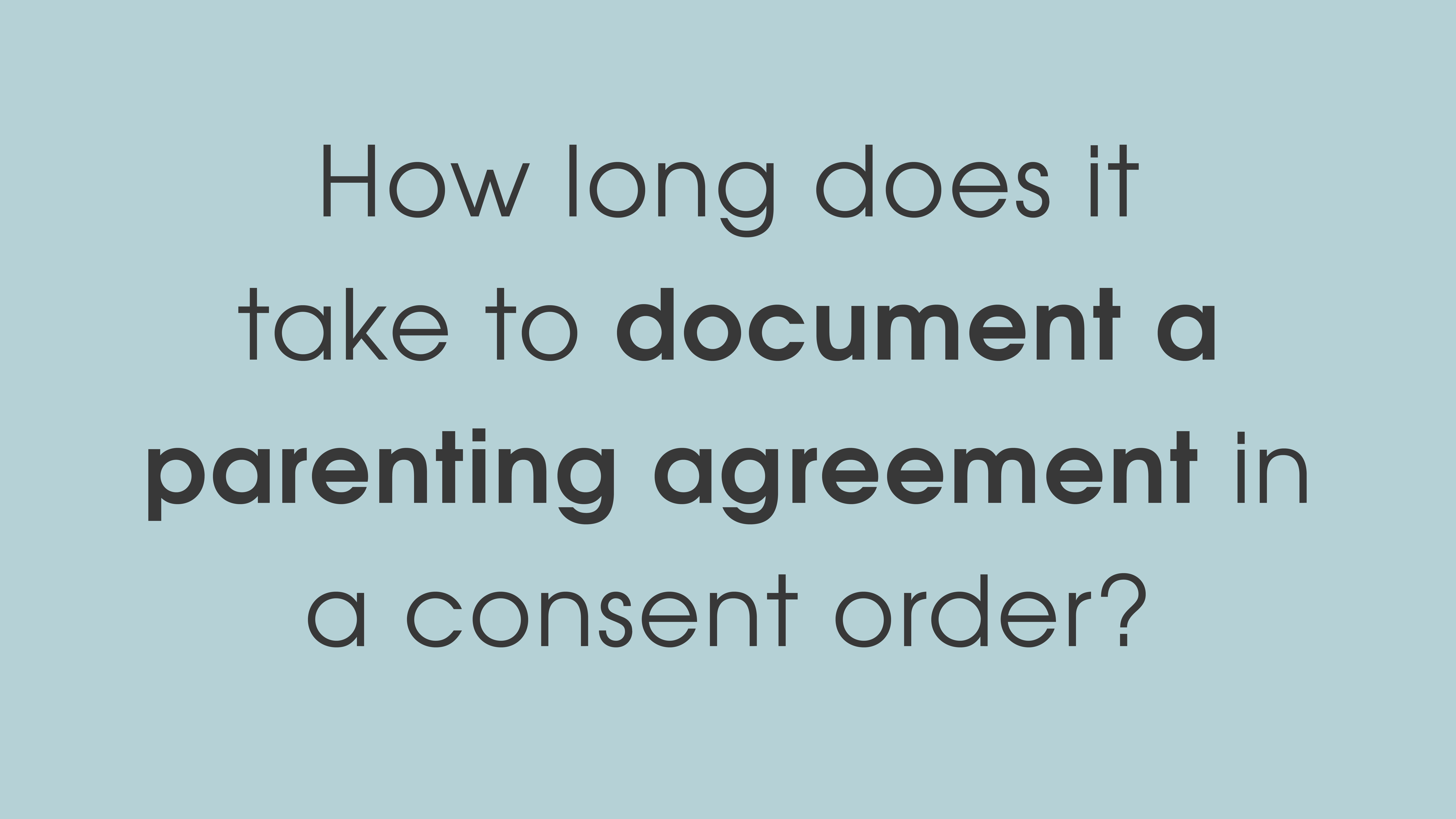3 tips for handling family estate disputes

Almost everyone would agree that there is nothing more important than family. Here on the Sunshine Coast, we see families with a great work/life balance, juggling kids on bikes at the local park or taking an early mark to head to the beach. It’s a great lifestyle!
However, family ties can be tested when money is an issue. In the event that the estate of a deceased loved one is to be administered, tensions sometimes arise as to how fairly certain family members feel they’ve been treated. While these circumstances are unfortunate, there are ways to work through these issues and hopefully come to a resolution that is satisfactory to everyone involved.
Consider negotiation and mediation first
If a dispute does arise between family members regarding the administration of an estate, the first thing to do may be to begin negotiations by sending correspondence to the executor or their legal representation detailing your grievances regarding your place, or lack thereof, in the will.
Perhaps you feel that the provisions made for you were insufficient or that you have been left out altogether. If that is the case you should obtain independent advice about your possible entitlement. The executor and their lawyer are unable to give you advice – their role is to uphold the will.
If this doesn’t settle the matter, the executor’s lawyer may organise a settlement conference so the parties can come together and attempt to work out their claims face-to-face.
If these negotiations fail to make any headway, the next option before taking the issue to court is mediation. The parties involved can select their own mediator and organise the terms under which the mediation occurs amongst themselves. Most disputes that fail at the negotiation stage are resolved in mediation. It’s generally the best option for all involved as it affords you the most freedom to divide up the estate in question as everyone sees fit. Taking it to court leaves you entirely at the mercy of the judge.

As a last resort, going to court may help to resolve your issue
Proceeding to court for a hearing should be considered only as a last option. Courts will generally require the parties to undergo mediation first; hearing the case only if mediation is unsuccessful. The claimant needs to submit an application detailing their grievance and a supporting affidavit to justify their claim that they haven’t been provided for adequately.
The respondent, who is usually the executor of the estate, files an affidavit of their own where they respond to the assertions of the claimant as well as providing a detailed account of the financials of the estate. There should also be an estimate of the legal costs involved and how they will impact the estate. It’s important to remember that the court costs of the respondent, and possibly the claimant also, will be paid for out of the estate which can reduce it considerably.
In the end, it will be up to the judge to decide how best to dispense the estate which may result in no side getting what they feel is a satisfactory result. This makes family provision claims a risky and potentially very costly alternative.
Prevention is the best solution
Ultimately, the best way to ensure that everyone is taken care of appropriately is to have a robust and well considered will in place from the start. Think about making monetary gifts in life or setting up trusts to protect the interests of people under the age of eighteen. A well constructed will can save your family from dealing with legal headaches down the line.
If you need to set up a will, or are looking to update an existing one, contact the team at Life Law Solutions today.
Latest Posts
- CATEGORY: Family Law
- TAGS: estate administration, estatelawyer, executor, family law, mediation





